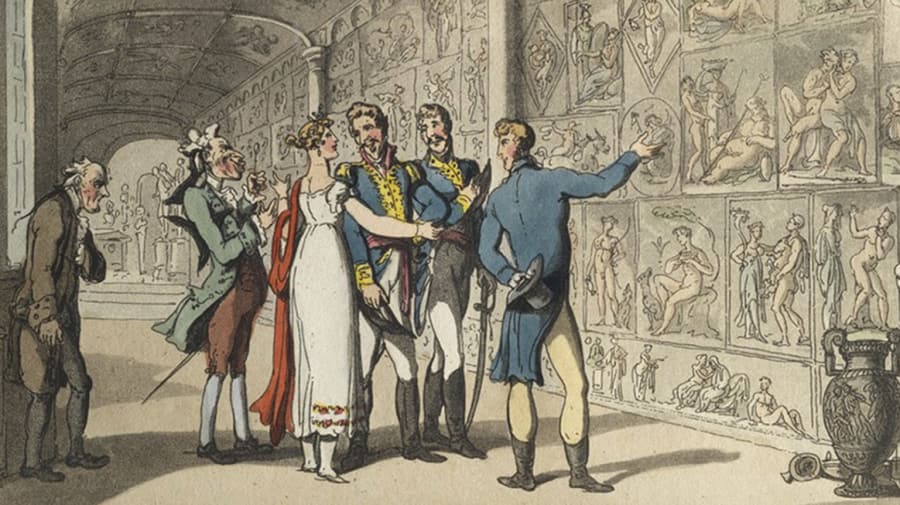
Taste making and the museum.
Chair: Dr Michael Lehnert
Our panel of sociologists, curators and museum leaders engage taste after Bourdieu from the practitioner’s perspective, discussing visitor and exhibition research, international cultural perspectives, and institutional leadership.
Today, there are 55,000 museums in 200 countries. Major museum-building work is underway in the Middle East and Asia, often with the explicit intention to produce cultural capital, shaping national tastes and educating for self-improvement.
Post-colonial nations emerge from their struggle to make sense of the imported museum model, and how to adapt it to fit their cultures. In post-taste Europe, museums struggle to preserve collections of invaluable and often intangible benefit for humanity – a purpose threatened by the drive towards economic legitimisation of their cultural activities.
- The reflexive question arises as to what kinds of taste building museums can, can no longer, or maybe need to assume?
- What influence on bildung and gestaltung do museums actually have today?
- What leverage is there over gemeinschaft and gesellschaft, to set cultural precedents, influence social governance, and make societal impacts?
- What roles and technologies are available to museums in today’s media democracies?
- What social, political-economic and institutional discourses are museums facing in light of distinct efforts to return to taste-making in the wider international museum sector?
Speakers:
- Dr Silke Ackermann
- Dr Penelope Curtis
- Dr David Dibosa
- Professor Paul Goodwin
- Dr Dirk vom Lehn